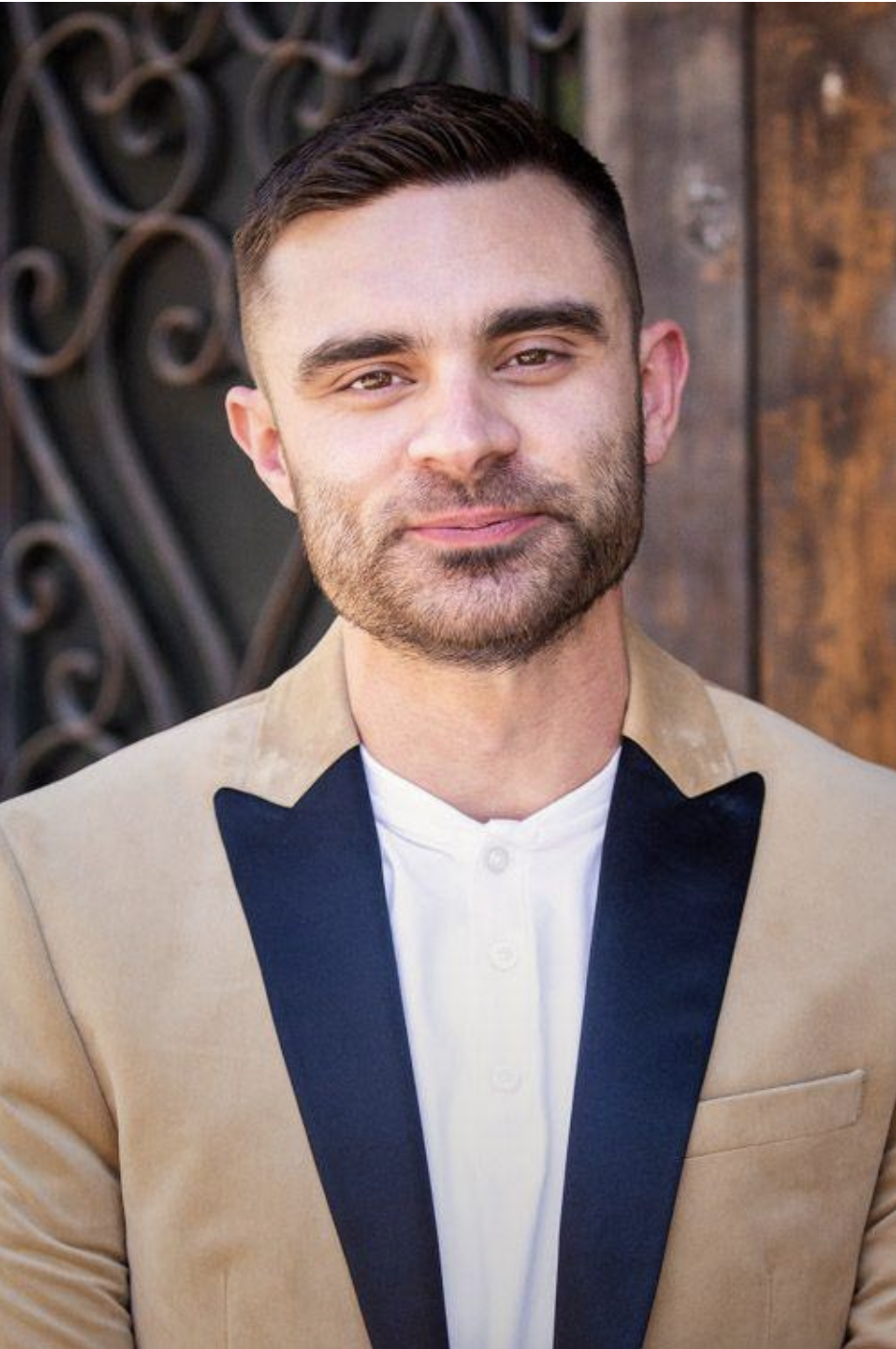The opioid epidemic has dominated headlines in the United States for over a decade. Beginning in the mid-1990s, after a new drug called OxyContin hit pharmacy shelves, the abuse of these painkillers grew, eventually leading to today’s opioid crisis. Deaths due to opioids rose to 50,000 in 2019, over six times the number from 1999.
“We’ve seen a major uptick in opioid addiction during the pandemic,” substance abuse expert Nicholas Mathews, CEO and co-founder of Stillwater Behavioral Health, reports from the frontlines.
According to US News and World Reports, the opioid epidemic reached historic highs during COVID-19. Between 2019 and 2020, there was a 30% increase in opioid overdose deaths.
Why do people get addicted to opioids? According to Mathews, the paths to addiction are as unique as the users themselves.
Self-Medication and Graduation
Many patients start taking opioids due to a physical or mental ailment. Since many opioids are highly addictive, people may start using these drugs with no intention of long-term use but develop a dependency quickly.
People can also begin to rely on these substances to try to cope with difficult times. In a study published by the National Institute of Health, over 80% of respondents reported using opioids to self-medicate negative emotions at least “sometimes” and over 30% reported using opioids to self-medicate negative emotions “very often.” A lack of access to healthcare and widespread mental health resources contribute significantly to the opioid crisis in the United States.
Pandemic stress, loneliness, people being separated from their healthcare providers, family upheaval, COVID deaths, and political strife have contributed to people turning to opioids to self-medicate due to physical and mental health issues.
“The interesting thing about self-medicating is that some people aren’t even aware that’s what they’re doing,” Mathews said.
According to Mathews, users generally move from socially acceptable substances such as alcohol and marijuana to more dangerous substances like opioids in a process called “graduation.”
“People usually don’t start on opioids,” Mathews explained. “They start on things that may be more socially acceptable or less powerful, such as marijuana.”
Addiction takes hold when a person notices that the drug makes them feel better, and they begin to seek it out. The problem with opioids is that people can easily develop a tolerance for the drug, and they require more and more of it to get the same medicated feeling.
Susceptibility & the Problem with the Pandemic
Experts have questioned whether there are people who are more susceptible to drug addiction, specifically opioid addiction. Much has been said about people who have “addictive personalities” or a family history of addiction predisposing them to abuse. For Mathews, it’s more simple than that.
“I think anybody that feels the pull to escape from their feelings is susceptible to opioid addiction,” he said.
Seeking an escape was especially evident during the trying times of the COVID-19 pandemic shutdown, which tested even the strongest resolves.
“That’s what opioids do so incredibly well,” explained Mathews. “They numb you out. If you feel like life is overwhelming, or that your emotions are too powerful to endure, and you think you need a drug to escape, then you’re susceptible.”
Solving the Opioid Epidemic
When OxyContin came under scrutiny, the healthcare industry started to pressure doctors to curb the casual prescribing of these powerful painkillers in hopes of quelling the opioid epidemic.
This approach does not appear to have worked. In many respects, it came too late. Years of marketing campaigns and heavy pressure from the pharmaceutical industry to prescribe their new drugs had already wrought great damage. By the time the dangers of drugs like OxyContin became clear, hundreds of thousands had already become addicted.
The solution remains unclear.
“When people become addicted, you can’t just undo that by changing rules and regulations,” Mathews said. “It’s something that can infect the whole family. Ripple effects went through their entire communities.”
Mathews stresses the importance of educating people on the potential adverse effects of opioids, as well as the reasons people may turn to them.
“I want people to recognize that these are sick human beings who are suffering,” Mathews said. “We as a society owe it to them to rally together and try and help as much as possible.”
According to the Department of Justice, over 13 million Americans have abused OxyContin at one time or another.

